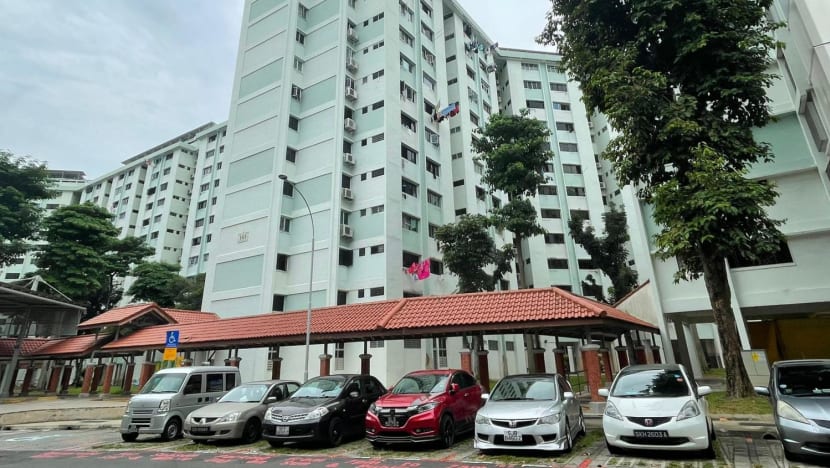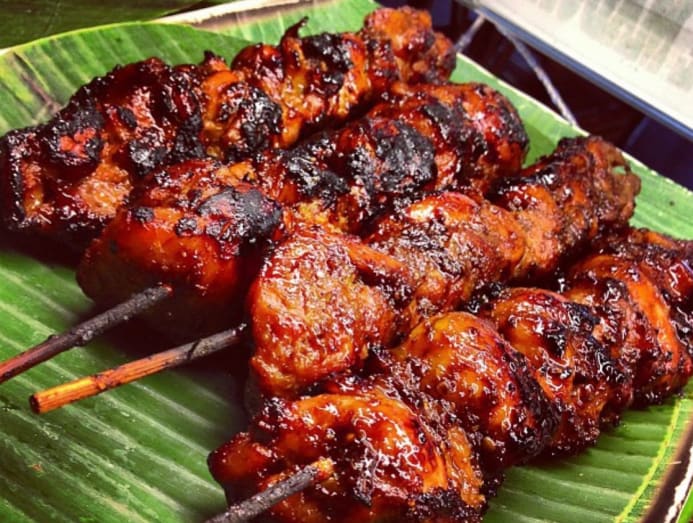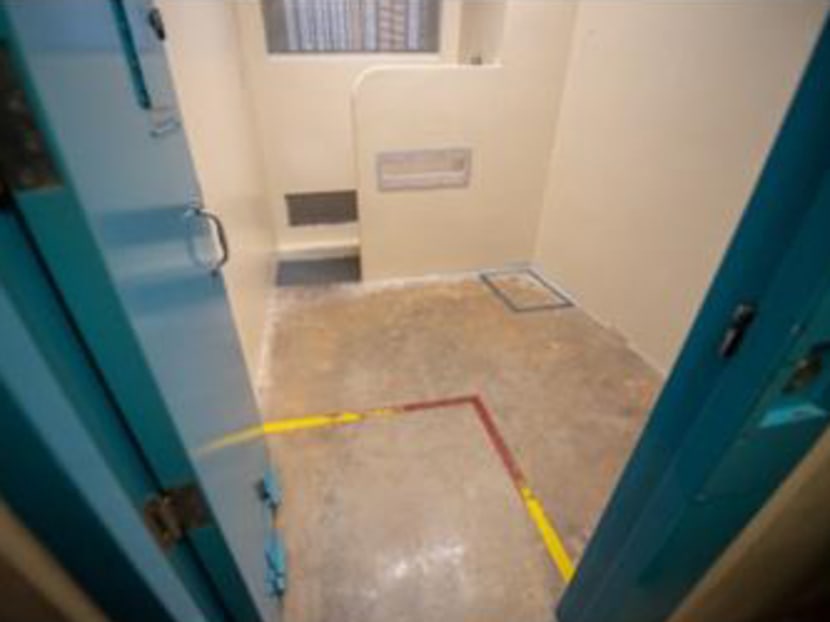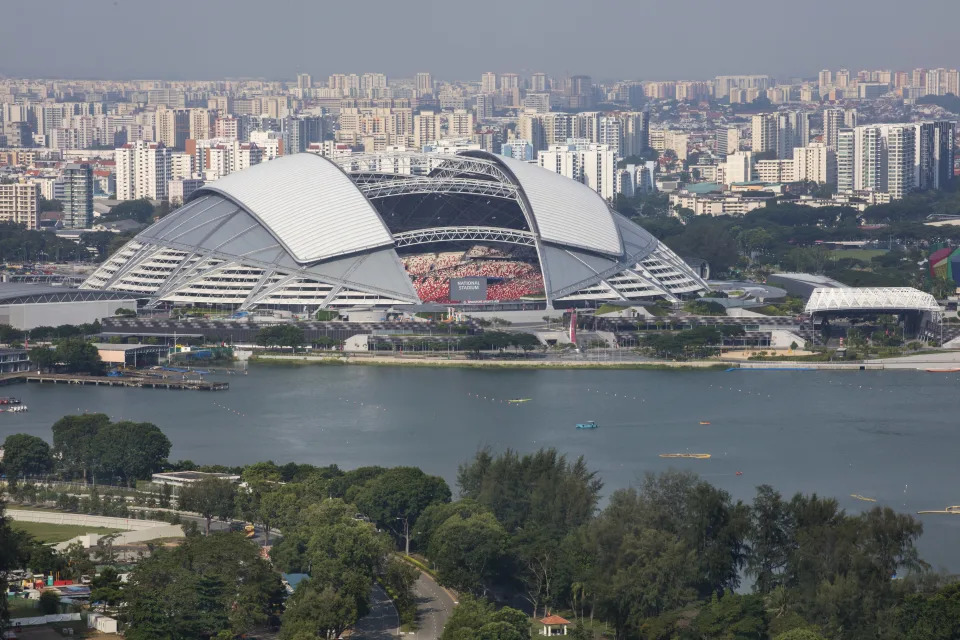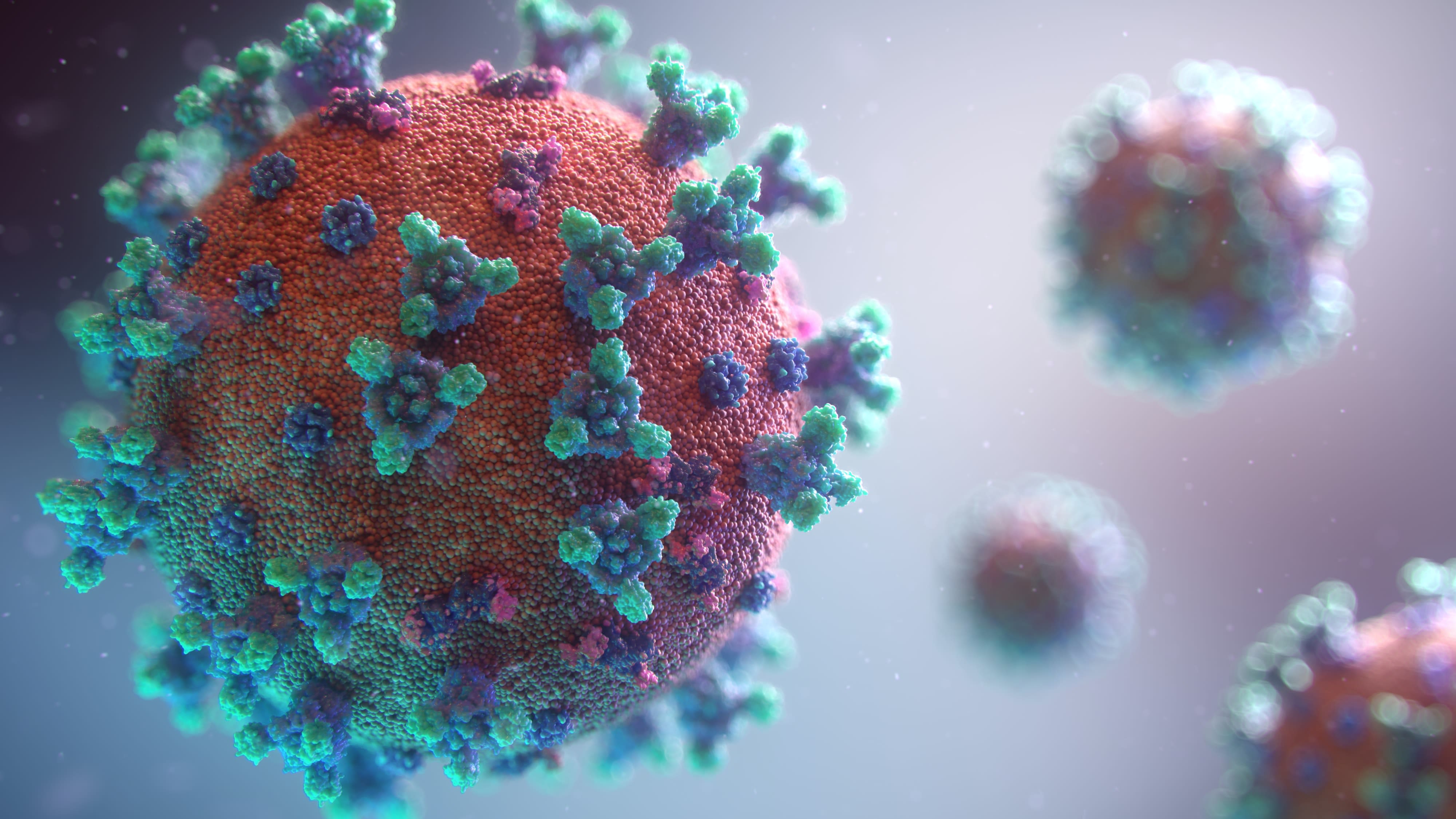
Fusion Medical Animation/Unsplash
The researchers concluded it was unlikely that there was human circulation prior to November 2019.
July 27, 2022
WASHINGTON — An animal market in China's Wuhan really was the epicentre of the Covid pandemic, according to a pair of new studies in the journal Science published Tuesday (July 26) that claimed to have tipped the balance in the debate about the virus' origins.
Answering the question of whether the disease spilled over naturally from animals to humans, or was the result of a lab accident, is viewed as vital to averting the next pandemic and saving millions of lives.
The first paper analysed the geographic pattern of Covid cases in the outbreak's first month, December 2019, showing the first cases were tightly clustered around the Huanan Market.
The second examined genomic data from the earliest cases to study the virus' early evolution, concluding it was unlikely the coronavirus circulated widely in humans prior to November 2019.
Both were previously posted as "preprints" but have now been vetted by scientific peer review and appear in a prestigious journal.
July 27, 2022
WASHINGTON — An animal market in China's Wuhan really was the epicentre of the Covid pandemic, according to a pair of new studies in the journal Science published Tuesday (July 26) that claimed to have tipped the balance in the debate about the virus' origins.
Answering the question of whether the disease spilled over naturally from animals to humans, or was the result of a lab accident, is viewed as vital to averting the next pandemic and saving millions of lives.
The first paper analysed the geographic pattern of Covid cases in the outbreak's first month, December 2019, showing the first cases were tightly clustered around the Huanan Market.
The second examined genomic data from the earliest cases to study the virus' early evolution, concluding it was unlikely the coronavirus circulated widely in humans prior to November 2019.
Both were previously posted as "preprints" but have now been vetted by scientific peer review and appear in a prestigious journal.
